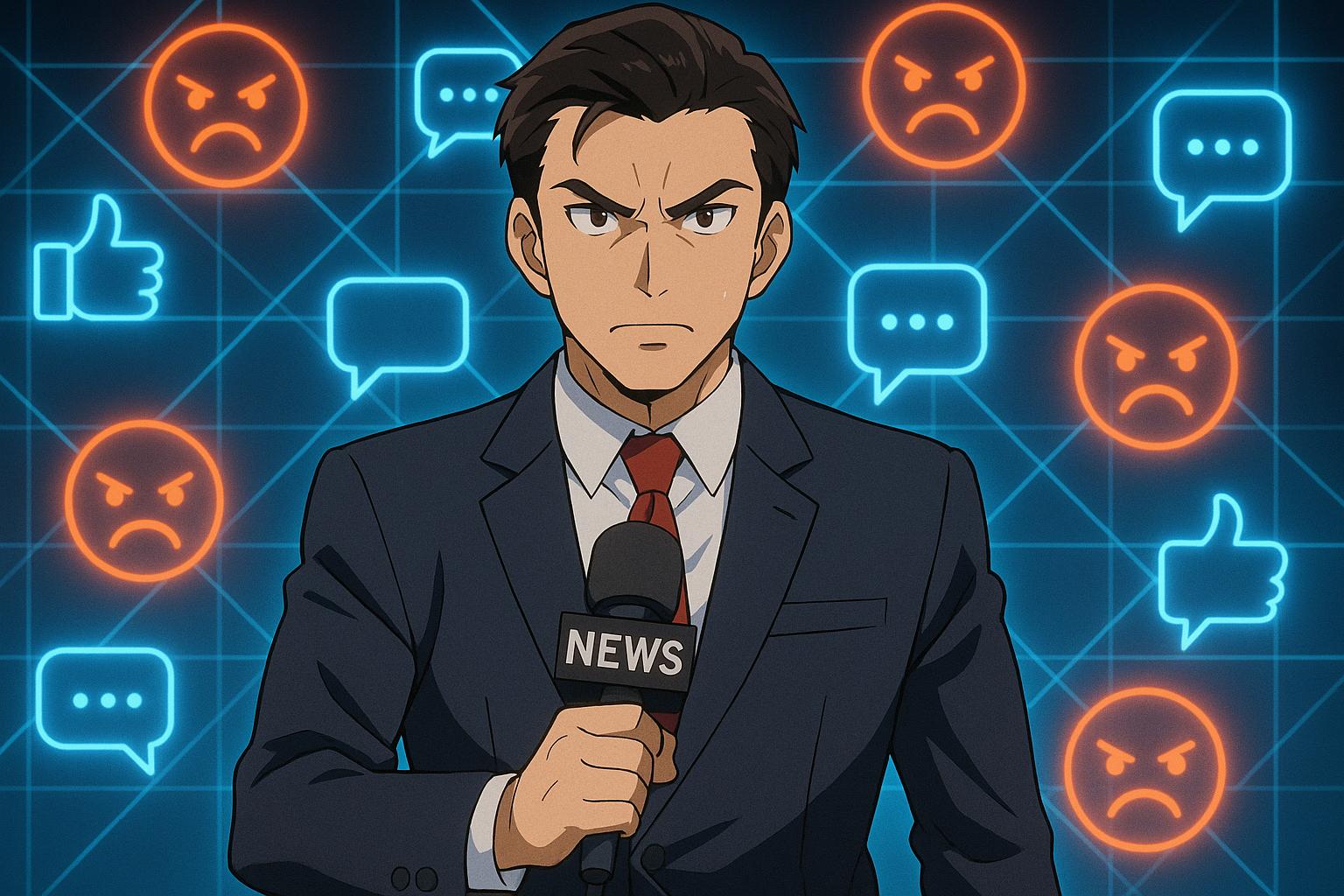In a recent development within the realm of media and public discourse in Northern Ireland, BBC broadcaster Stephen Nolan has emerged victorious in his legal battle against a Sinn Féin-supporting businessman, Eddie Barrett. This follows Barrett's court apology concerning defamatory social media posts, which accused Nolan of inciting hatred and compared him to notorious Nazi propaganda minister Joseph Goebbels. Nolan's statements highlight his commitment to confronting online trolling and the protection of journalistic integrity.
This case is part of a broader narrative regarding the challenges faced by public figures in the digital age, where the ease of social media can lead to the rapid dissemination of harmful and defamatory statements. Nolan has been vocal about the need to combat online abuse, declaring, “I am continuing to take a stand against trolls.” Such remarks reiterate the responsibility that individuals have to engage in civil discourse, particularly when it involves public figures whose work impacts society.
Barrett's posts labelled Nolan a "hate vendor," tapping into a larger discourse around media representation and accountability. The fallout from such allegations is particularly significant given Northern Ireland's complex socio-political landscape, where accusations and counterclaims can carry heavy implications and responses. It is essential to protect freedom of expression while simultaneously addressing the boundaries that define acceptable discourse.
Nolan is reportedly seeking substantial damages for his legal claims. This move underlines the importance of upholding personal and professional reputations in an era where statements can easily spiral out of control, potentially influencing public perception. Such a legal challenge is not isolated; it reflects a growing trend among public figures to take legal action against online defamation, emphasizing the need for accountability in social media interactions.
This confrontation follows a larger context in which the BBC and Nolan's show have faced scrutiny from political entities, including Sinn Féin and the Democratic Unionist Party (DUP). Reports indicate that various political figures have boycotted Nolan’s programme, with claims arising from dissatisfaction over its portrayal of political matters. While Sinn Féin denies a formal boycott, the surrounding narrative reflects an ongoing tension between media representation and political response.
Previous instances of libel actions against members of Sinn Féin further highlight the intricacies involved in public statements and social media. For example, Sinn Féin MLA Phil Flanagan was ordered to pay damages after a defamatory tweet that impacted another politician’s reputation. Such cases illustrate the potential consequences of careless statements made in the public eye, reinforcing the boundaries that should govern public discourse.
As the Stephen Nolan case unfolds, it remains a crucial example of the balance between freedom of speech and the responsibility to maintain integrity in public commentary. As Nolan continues to advocate for the protection of his reputation against defamatory claims, the broader implication is clear: in a digital landscape marked by increasing hostility, the pursuit of accountability remains paramount.
Reference Map
- Paragraph 1: Sources (1), (2), (3)
- Paragraph 2: Sources (1), (2)
- Paragraph 3: Sources (2), (3)
- Paragraph 4: Sources (2), (6)
- Paragraph 5: Sources (4), (5)
- Paragraph 6: Sources (6)
- Paragraph 7: Sources (1), (2), (6)
Source: Noah Wire Services
